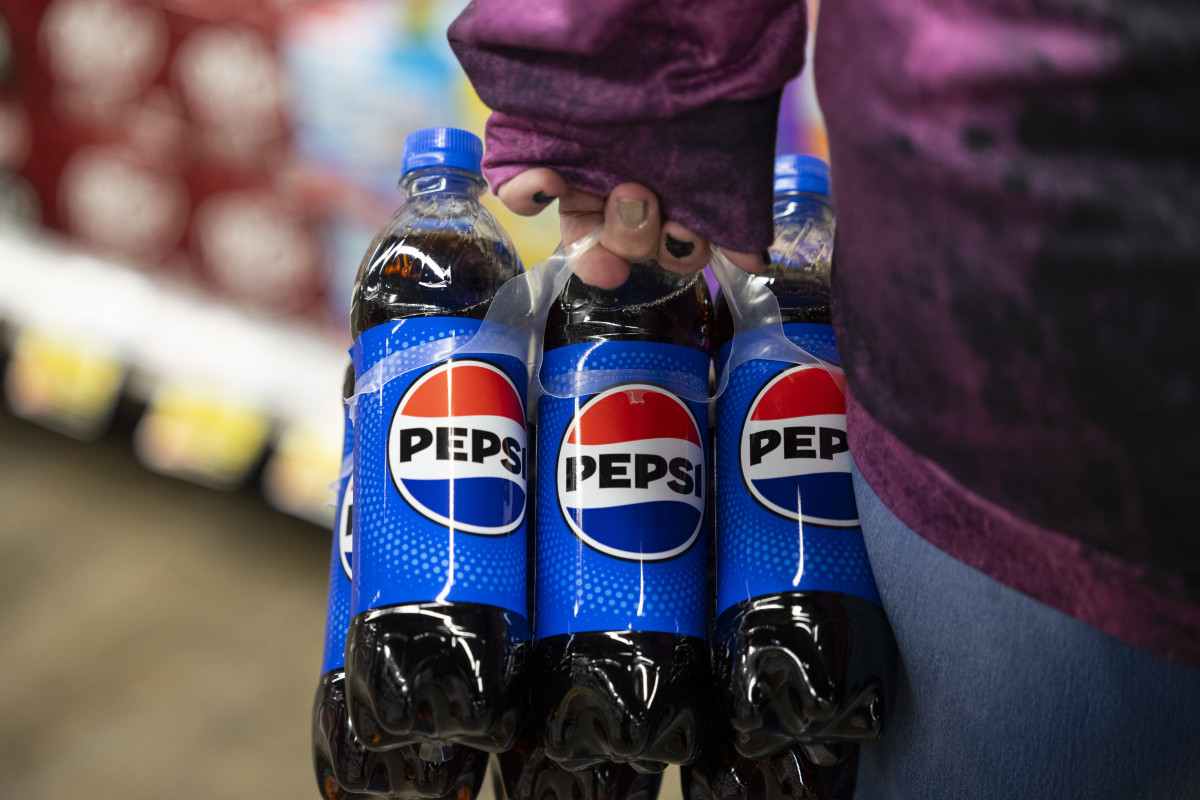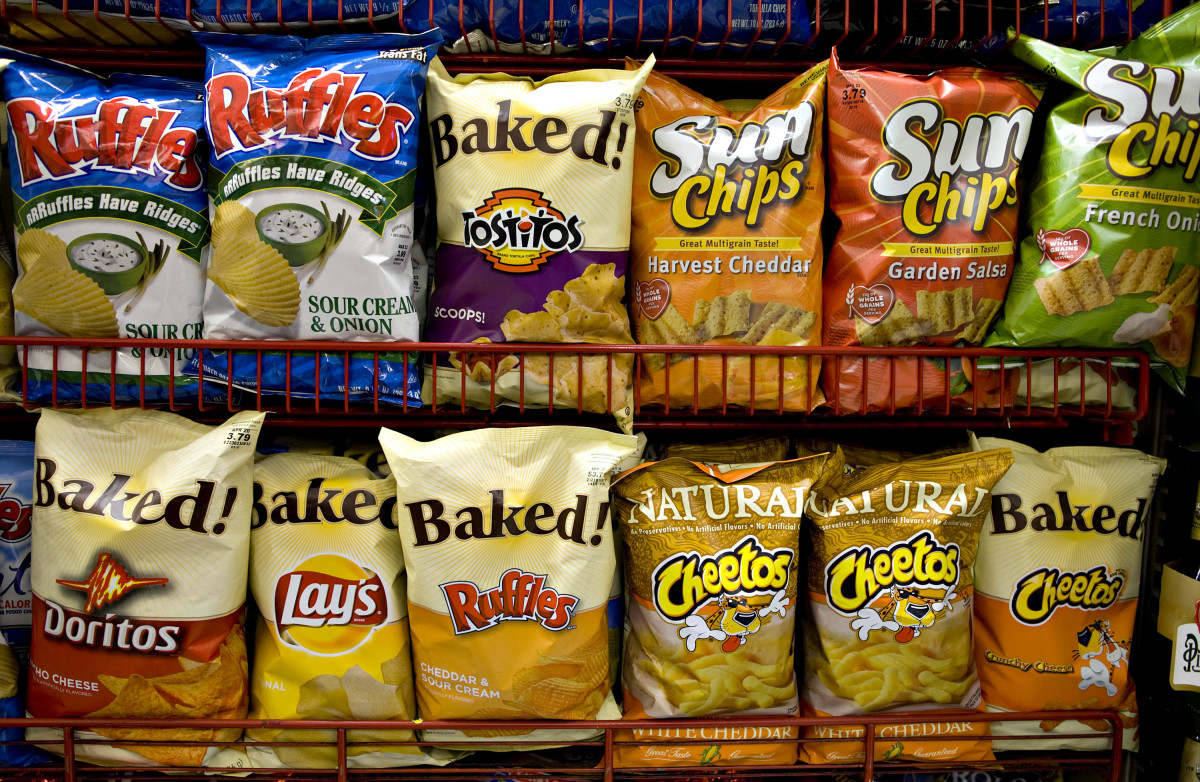
PepsiCo (PEP) , which owns popular food and drink brands such as Pepsi, Lay’s, Gatorade, Tostitos, and many others, recently spotted a significant change in consumer behavior that has put a dent in its pockets.
The company’s fourth-quarter earnings report for 2024 revealed that its net revenue shrunk by 0.2% year over year as consumer demand for snacks and drinks declined in the U.S.
💰💸 Don't miss the move: Subscribe to TheStreet's free daily newsletter💰💸
During the quarter, its Frito Lay brand saw its volume (number of units sold during a specific period) in the U.S. decrease by 3% year over year, while Quaker Foods volume shrunk by 6% and PepsiCo beverages volume declined by 3%.
Related: PepsiCo’s plan to buy a popular brand draws threats from consumers
“In 2024, the salty and savory snack categories underperformed broader packaged food, following multiple years in which these categories had outperformed packaged food,” said PepsiCo CEO Ramon Laguarta and Chief Financial Officer Jamie Caulfield in prepared remarks.
Both executives also partially blamed the decrease in demand on “inflationary pressures and higher borrowing costs on consumer budgets,” and “continued growth in away-from-home dining.”
PepsiCo flags a growing trend that is impacting sales
During an earnings call on Feb. 4, Laguarta acknowledged that there has recently been a “higher level of awareness” toward health and wellness amongst American consumers, which is also impacting sales.
“We're seeing more conversation in social media about health and wellness, in general, and obviously, that's impacting consumption of food and consumption of beverages,” said Laguarta.

Consumers have indeed been paying closer attention to the ingredients in their food and drink products and have been avoiding those they deem unhealthy. This is a trend that kicked off after the COVID-19 pandemic.
According to a recent survey conducted by the International Food Information Council, 79% of American consumers said that they take into consideration whether or not a food product is processed when making a decision to purchase it.
Also, 63% of Americans said that they avoid processed foods, while more than half follow a vegan, vegetarian, or plant-based diet in an effort to be healthier.
More Food + Dining:
- Starbucks announces bittersweet change you will soon see in stores
- Costco confirms major change to its food court menu
- McDonald’s menu change sparks sharp criticism from customers
Ingredients in foods that have recently drawn scrutiny from consumers on social media for being overly processed and contributing to inflammation in the body include seed oils such as canola, vegetable, sunflower, corn, etc.
Artificial food coloring such as Red 40, Blue 1, Green 3, are often found in processed food and have also come under fire for being linked to health issues such as cancer, despite being approved by the U.S. Food and Drug Administration.
Many of these ingredients are present in a plethora of PepsiCo products.
PepsiCo unveils plan to win back customers
In response to the growing trend of consumers becoming more health conscious, Laguarta said that PepsiCo will continue to evolve its portfolio to include healthier ingredients and make smaller sizes of its popular food brands as more of its customers are purchasing single-serve and multipack items in an effort to manage their food proportions.
“I think portion control is a highly strategic strategy that we've been implementing for many years but also long-term evolution of our portfolio with lower sodium, lower fat, lower sugar, positive ingredients, plant-based protein, whole grains,” said Laguarta.
Related: Costco confirms major change to its food court menu
PepsiCo recently took a major step in expanding its healthier food options. In January, it officially acquired Mexican-American brand Siete Foods for $1.2 billion.
Siete’s products are famous for being grain free, non GMO, gluten free, dairy free, soy free, paleo and vegan, which has attracted many health-conscious consumers. Many of the company’s products also contain organic ingredients.
The acquisition, however, garnered backlash from consumers who feared that PepsiCo would alter the company’s ingredients, replacing them with cheaper, undesirable chemicals they believe can pose a threat to human health.
As PepsiCo faces a dip in snack and beverage sales in the U.S., it is predicting that its organic revenue will only face a low-single-digit in 2025. It is also expecting mid-single-digit growth in core constant currency earnings per share.
Related: Veteran fund manager issues dire S&P 500 warning for 2025

.png?w=600)





